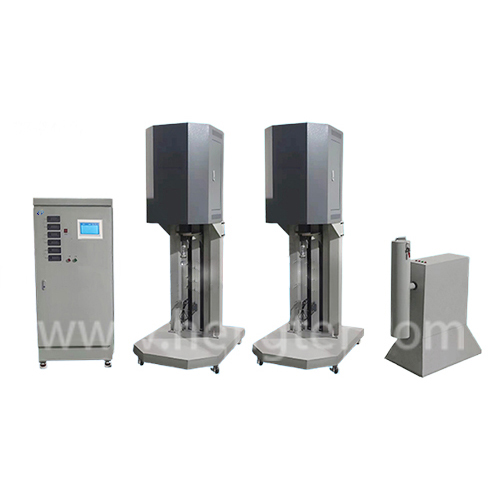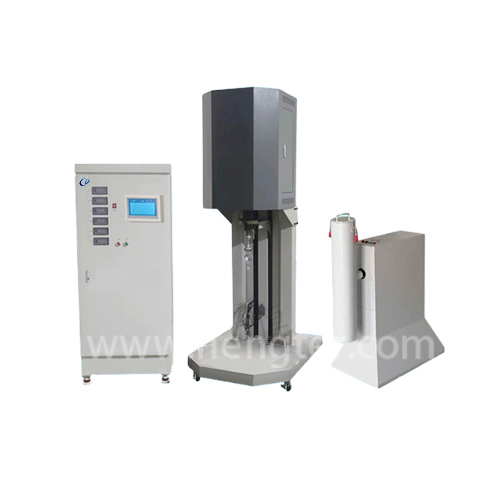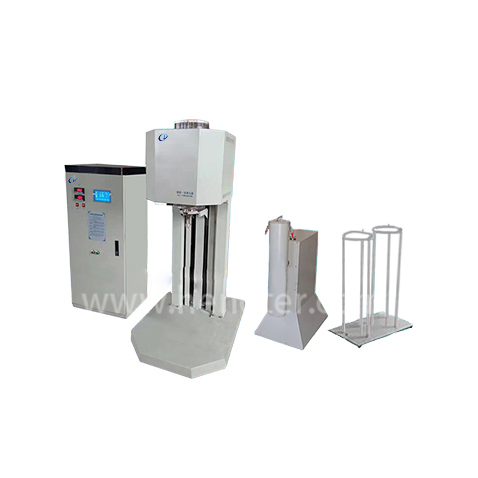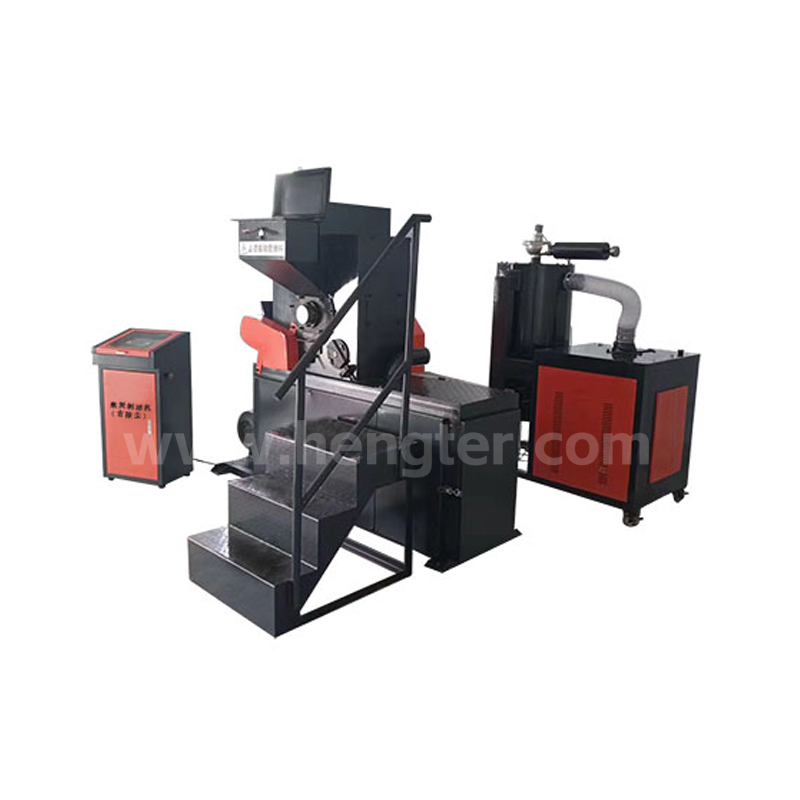JL-40 Experimental Coke Oven Tester is primarily used for coal blending coking tests, verifying coal blending schemes, predicting coke strength, and guiding production. The oven walls are constructed with monolithic silicon carbide bricks, offering excellent resistance to thermal shock and ease of operation and maintenance. The gas is discharged after combustion or purified through recovery, improving the working environment without pollution. Equipped with an advanced computer monitoring and coal blending management system, the temperature control system is precisely configured for high accuracy. The bottom-opening design makes it suitable for coking plants and research institutions as a coking facility.
Features:
- The width of the carbonization chamber is close to that of industrial coke ovens, ensuring a strong correlation between the two.
- The oven walls are made of monolithic silicon carbide bricks, providing excellent thermal shock resistance, high thermal conductivity, and energy efficiency. The oven can be easily shut down or started, enabling true two-sided heating of the coal charge.
- The experimental coke oven adopts a bottom-opening design, ensuring airtightness without leakage.
- Key components in the temperature control system use durable elements, complemented by a computer monitoring and management system. It features automatic measurement, PID adjustment, programmable 10-step heating, and 4 heating curves. Once the heating program is set, it can be repeated thousands of times, ensuring consistent coking conditions with high temperature control accuracy and energy savings.
- Silicon carbide rod heating elements are used, with a working temperature of up to 1300°C and a coking time of approximately 16–24 hours.
- Powered by a 380V supply, the total operational power does not exceed 30 kW.
- Only two operators are required, reducing labor intensity. No night shifts are needed—coal is loaded in the afternoon, and coke is discharged the next morning.
- Can be equipped with a complete coke screening system, mechanical strength testing devices (1/4 Micum drum, coke drop tester), and an experimental coke oven stamping machine.
Technical Parameters:
1. Experimental Coke Oven
1.1 Coal charge: 43–50 kg (dry basis)
1.2 Effective dimensions of carbonization chamber (L × W × H): 450 × 350 × 450 mm
1.3 Heating: 6 silicon carbide rods on each side of the combustion chamber
1.6 Coking time: 13–20 hours
1.7 Flue temperature: 1050°C ± 10°C (rated temperature ≤ 1350°C)
1.8 Center temperature of coke cake: ≥ 950°C
2. Central Control System
Utilizes PLC control technology, with computer-regulated heating temperature. The system controls heating elements to achieve precise temperature regulation, offering high accuracy, reliability, and ease of use. Test data can be stored, displayed, and printed.
2.1 Power supply: 380V, 50 Hz
2.2 Rated maximum power: 40 kW
2.3 Temperature control program: Customizable heating curves and soaking time.
2.4 Accuracy: Class 0.5.

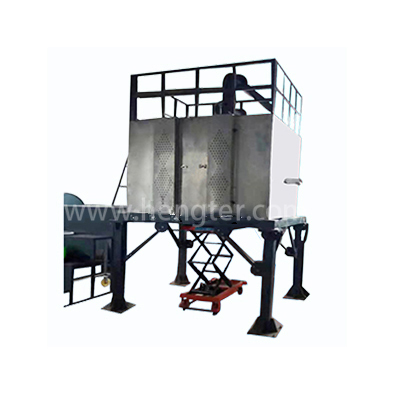

 Contact form
Contact form